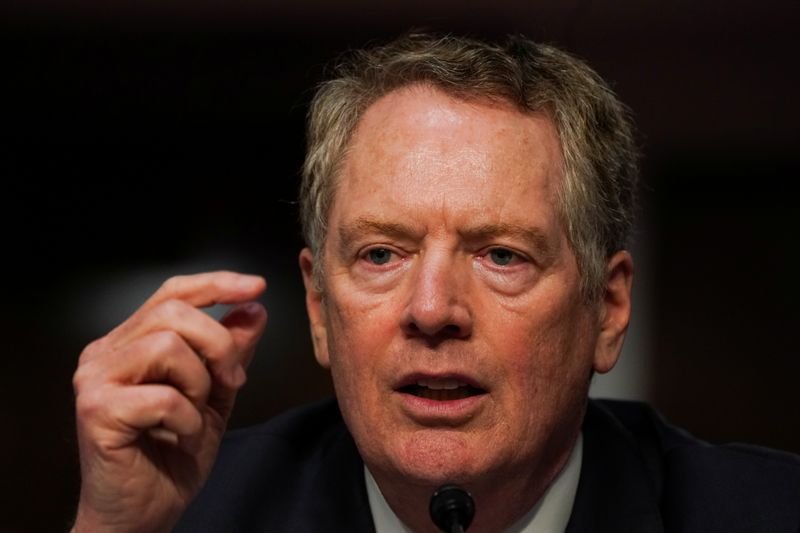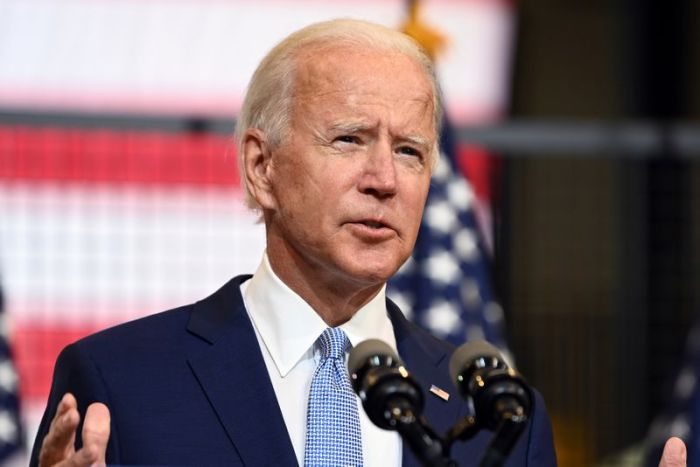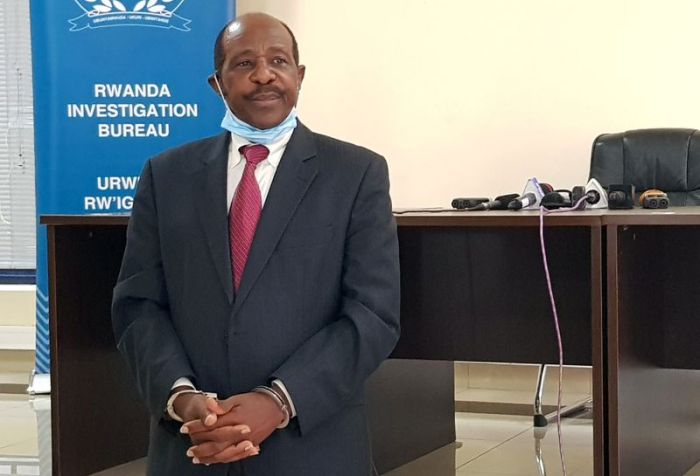WASHINGTON (Reuters) – The Trump administration on Tuesday announced plans to seek senior-level talks with Mexico over imports of perishable fruits and vegetable as part of a broader series of actions meant to bolster U.S. farmers, raising the possibility of future tariffs.
The Office of the U.S. Trade Representative (USTR) also will request that the U.S. International Trade Commission initiate a Section 201 global safeguard investigation to review “the extent to which increased imports of blueberries have caused serious injury to domestic blueberry growers.”
If the commission finds injury, the U.S. government could impose tariffs on products to help domestic growers.
“President (Donald) Trump recognizes the challenges faced by American farmers and is committed to promoting and securing fair trade and a level playing field for all American producers,” U.S. Trade Representative Robert Lighthizer said in a statement https://ustr.gov/about-us/policy-offices/press-office/press-releases/2020/september/federal-agencies-outline-plan-help-farmers-seasonal-and-perishable-fruits-and-vegetables, which also outlined actions by the Commerce Department and the Department of Agriculture.
USTR said it would also seek talks with Mexico in the next 90 days to address concerns over imports of Mexican strawberries, bell peppers and other seasonal products. It said it would work with domestic producers to initiate an ITC investigation of strawberry and bell pepper imports that could lead to an expedited Section 201 probe later in the year.
Mexico, in response, said it would seek to “defend the preferential access of Mexican agricultural exports to the United States”.
But the Latin American country would also bid to “find mutually satisfactory solutions” to the concerns raised by the United States, Mexico’s economy ministry said in a statement.
The U.S. trade action comes two months after the start of a new U.S.-Mexico-Canada trade pact (USMCA) that replaced the 26-year-old North American Free Trade Agreement.
On Tuesday, USTR announced new steps to curb steel imports from Mexico and Brazil.
(Reporting by Tim Ahmann and Phil Stewart; Editing by Cynthia Osterman)























